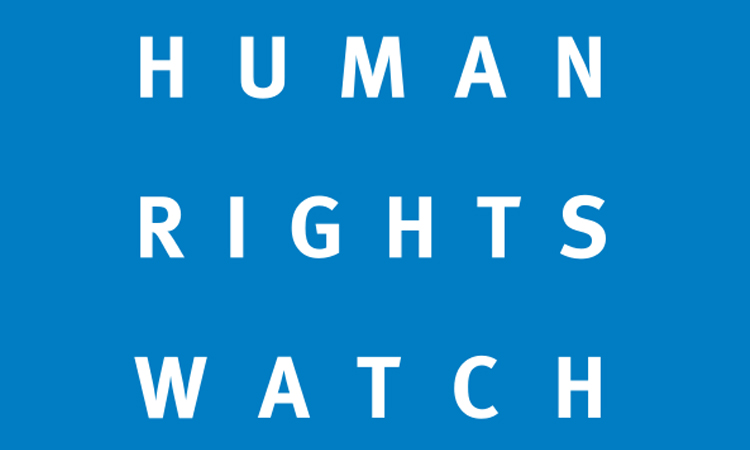News Flash
News Flash

DHAKA, Feb 8, 2025 (BSS) - The Human Rights Watch (HRW) in its recently released 50-page report titled "After the Monsoon Revolution: A Roadmap to Lasting Security Sector Reform in Bangladesh" has put forth accounts of three survivors of enforced disappearance in which the inhuman brutality the survivors had to go through during their secret detention.
Shortly after Sheikh Hasina fled the country, three victims of enforced disappearances - Michael Chakma, Mir Ahmad Bin Quasem (Armaan), and Abdullahil Amaan Azmi - were released.
"In all three cases, authorities had for years denied having them in custody. All of them told journalists that they were held in solitary confinement but could hear others who were held in the same detention centers," the HRW report said.
Humam Quader Chowdhury was detained in August 2016, around the same time as Azmi and Armaan. All three are sons of opposition leaders who had been tried and convicted by the International Crimes Tribunal, as collaborators of the Pakistan military during Bangladesh's war for independence.
The HRW said, "Humam Chowdhury was released in March 2017 on the condition that he will keep quiet about his unlawful detention. He only agreed to meet Human Rights Watch after the fall of the Hasina government."
"I know that there were other cells in that building, and I know that those cells were full. There were other people there," Humam said.
Comparing the length of his disappearance to that of Azmi and Armaan, he said "Seven months, I thought it was a lifetime. Eight years, I cannot fathom how anybody would survive that."
Armaan was picked up from his home in presence of his wife, sister, and children on August 9, 2016 by seven or eight officers.
As a lawyer, he demanded a warrant for his arrest, but the officers refused and dragged him out of the house, put him in a van, and blindfolded him.
When he protested, he said, an officer responded, "Please don't make us be brutal with you."
He was kept blindfolded and handcuffed 24/7, except to use the washroom or eat. He said that he could sometimes hear other detainees being tortured in the cells nearby.
"I would hear screams and sounds of interrogation. Grown men screaming like little children. It's really difficult to take," he said.
At one point, he said he asked the officers detaining him to "either kill me or release me. Do something. I just can't take this anymore. He said they told him it was out of their hands.
They just give us a name, location, intelligence on the target to pick them, bring them here, and keep them. The orders come in; we follow. We don't choose or we don't have the jurisdiction to decide. It comes from the highest place.' That's what they told me," he said.
Michael Chakma, an Indigenous rights activist, disappeared on April 9, 2019. He said he was picked up at a tea stall by four or five men who said they were from law enforcement.
They pulled him into a microbus, blindfolded him, drove him to a detention site, and placed him in a cell. They interrogated him about a protest by Indigenous activists from the Chittagong Hill Tracts.
During his detention, especially in the early weeks, Chakma said he was tortured. He said that while he was blindfolded, the officers would tie him to a chair with his hands behind his back, making him believe he was being held in an electric chair and threatening to electrocute and kill him if he did not provide them with information.
One officer told him, "We can keep you here for 30 years and nobody will ever find you."